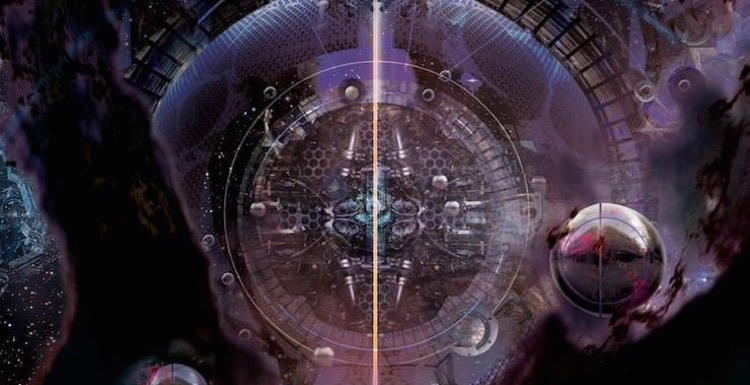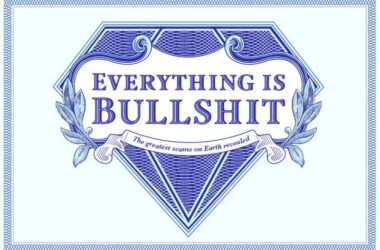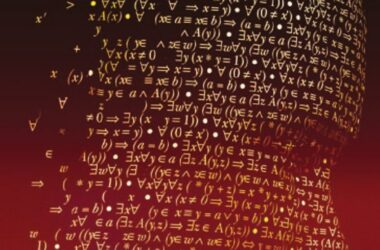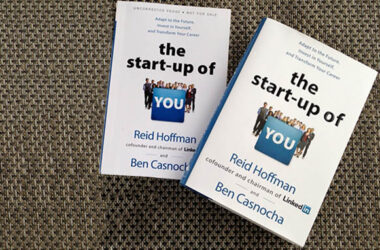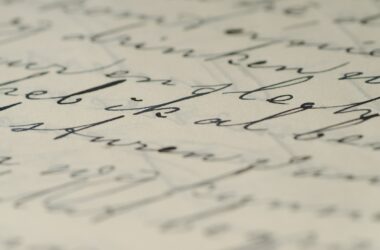The Dark Forest is the second book in the sci-fi trilogy The Three Body Problem. I had previously reviewed the first book, so skip this post if you don’t want to be spoiled, or at least read the previous review.
The Dark Forest gets right to the fun parts.
Compared to the first book, which forcefully tied together an epic science fiction story to the Chinese cultural revolution, The Dark Forest drops the pretense and goes straight into humanity crisis mode. Given that the entire planet is in danger, it only makes sense that the entire world is involved in its defense. The only concession Cixin Liu makes to his original audience is making his main character Chinese, which is remarkable restraint when pandering to nationalistic pride is a well-worn technique1.
The big issue plaguing any sort of defense of mankind is the “sophons”: alien technology that is able to simutaneously eavesdrop on any conversations in the world as well as stop scientific progress by preventing any further discoveries in physics. The United Nations gets creative, and tasks a few individuals with the responsibility of coming up with a plan to save humanity. As the aliens will pick up any communication, the twist is simply these individuals cannot let anybody else know about the true natures of their plans.
(mid-book spoilers to follow)
Like The Three Body Problem, the part I found most interesting was about half-way through the story, when the book shifts forward a hundred years and the psychology of society has changed over time. As in real life, there are multiple factions and a sense of divided opinions, However, they can and are heavily influenced by major events, and even then different factions can form their own interpretations of said events given their perspective and their own objectives. It’s wonderfully complex but hauntingly believable.
Also, despite jumping ahead in time, the “locked to 21st century technology” plot device actually works pretty well to ground the technology to something relatable; a century into the future doesn’t feel as foreign as it often does in other sci-fi stories.
The author has really mastered the idea of stacking the deck against the humans throughout this book, so much so that it continuously feels like he paints himself into a smaller and smaller corner. Rest assured, though, that The Dark Forest does provide a resolution to the story arc from these first two books, and I’m happy about not being stuck with another cliffhanger.
It’ll be fun to see how Cixin Liu manages to create—and resolve—a new source of conflict in the final book, Death’s End.
Exhibit A: Independence Day.↩
